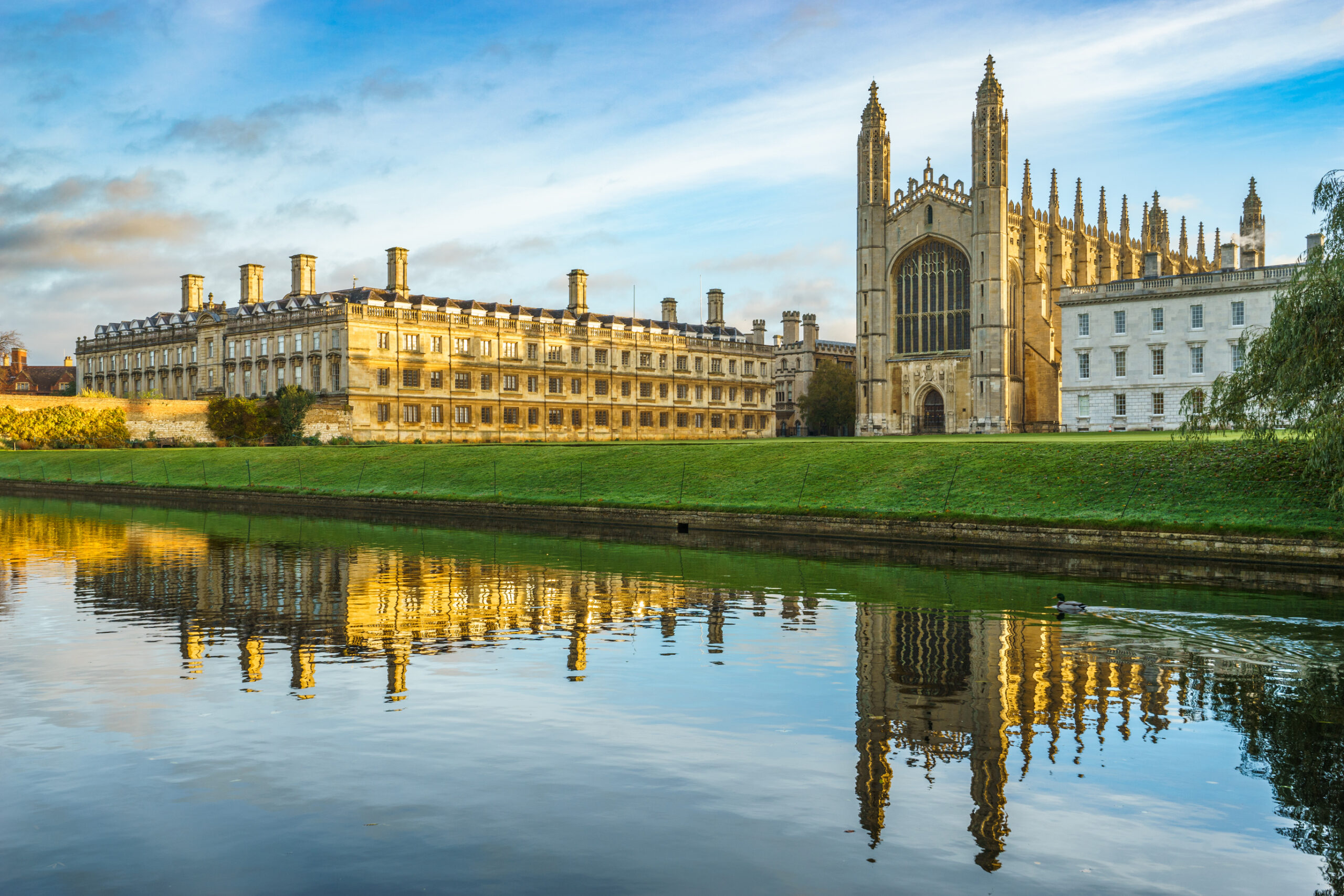A heated debate is unfolding at Cambridge University as approximately 35 academics challenge a policy requiring them to retire at age 69. This policy, intended to remove “dead wood,” is seen by the dissenters as harmful to the academic community, especially for women whose careers often progress later in life.
The Controversial Retirement Age
Recently, Cambridge University proposed increasing the mandatory retirement age for its academic staff from 67 to 69, while administrative and support staff would be exempt from this rule. Despite this proposed increase, many academics feel the policy needs to be revised.
“Top talent won’t join Cambridge knowing they’ll be forced out at 67 or 69. We lose our best professors to other universities by 62 or 64, creating a brain drain and taking their big grants elsewhere,” the group wrote. They argue that such policies stifle innovation and are inherently ageist, as “academics can innovate at any age.”
Impact on Women Academics
The policy has sparked significant concern over its impact on female academics. The group contends that forced retirement disproportionately affects women, whose careers often develop later than their male counterparts. “The Employer Justified Retirement Age (EJRA) does not lead to Cambridge promoting its junior academics. Forced retirement disproportionately harms women whose careers often develop later,” they added.
Lessons from Oxford University
This controversy is not unique to Cambridge. Last year, Oxford University faced a similar situation and lost an employment tribunal case over its mandatory retirement policy. A judge ruled that the policy was not “legally justified” in forcing academics to retire at 68, setting a precedent that adds weight to the Cambridge academics’ arguments.
A Call for Change
The protesting academics argue that Cambridge should implement a performance management system instead of relying on an age-based retirement policy. Professor Raghu Rau, a group member, emphasized this point: “Instead of developing a performance management system, it just forces out everyone. Simply put, the university burns down the forest to eliminate some dead wood.”
The proposal to raise the EJRA to 69 will be debated this month and then voted on by members of Regent House, Cambridge University’s democratic body, next July. The outcome of this vote will determine the future of many academics’ careers and could set a new standard for retirement policies in academic institutions.
The ongoing debate at Cambridge University highlights a broader issue within academia regarding age-based retirement policies. The outcome of this dispute could have significant implications, not just for Cambridge but for universities worldwide, as they strive to balance the need for innovation with fair and inclusive employment practices.







